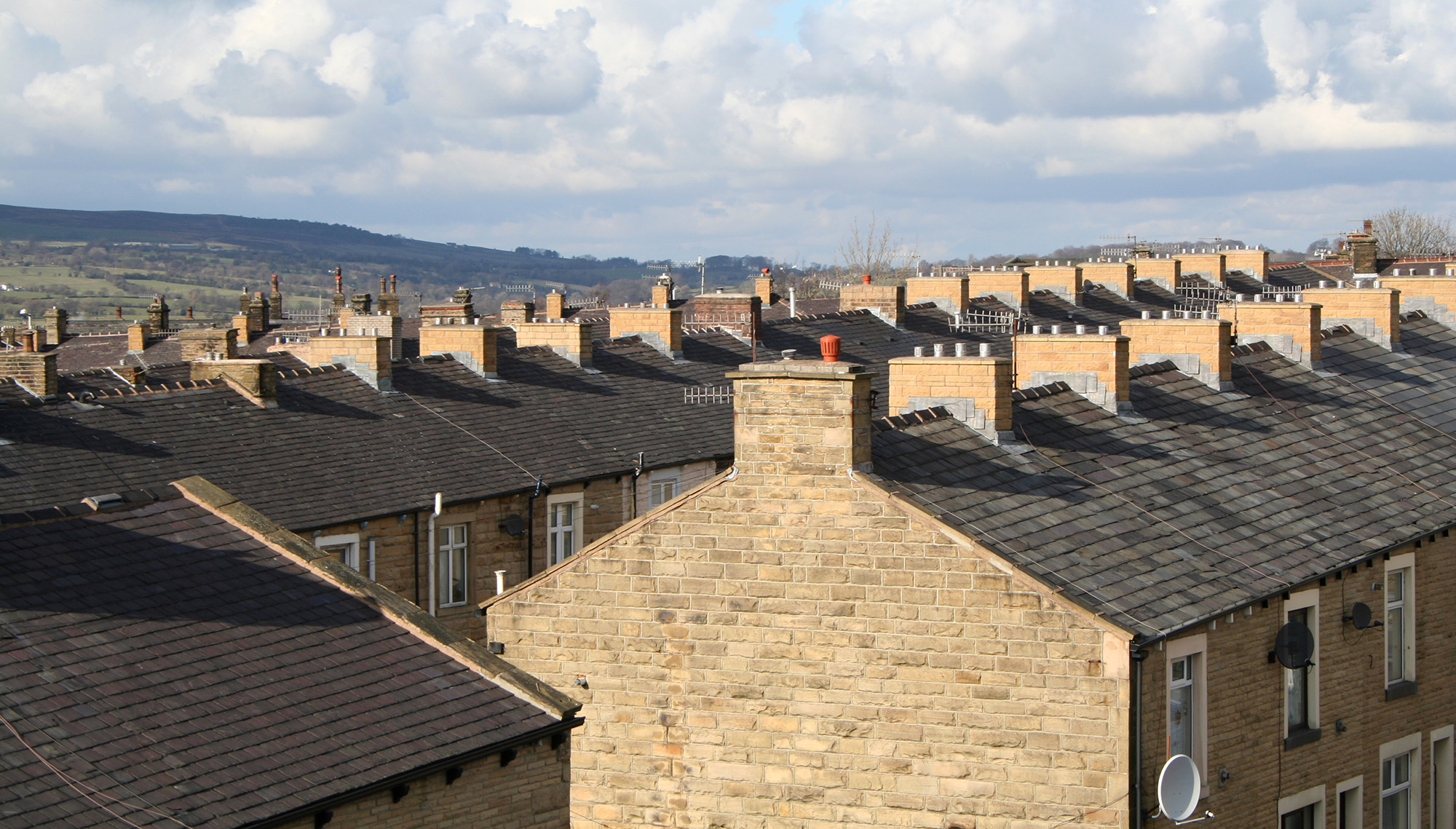
RICS has recently published an online consumer guide on residential retrofit and energy efficiency.
Retrofitting and improving the energy efficiency of your home outlines the many benefits of such upgrades, offering information for homeowners and sources of advice and financial support.
The guide explains that retrofitting and improved energy efficiency can help homeowners and tenants:
- save on energy bills
- enhance air quality
- increase a property's rental potential
- meet UK government Minimum Energy Efficiency Standards Regulations (MEES)
- lower properties' environmental impact.
Improving energy efficiency should be priority
Before homeowners consider retrofitting, the guide recommends some practical measures that they – and indeed tenants – can take to improve energy efficiency, including:
- monitoring meter readings and utility bills to gauge energy use
- installing smart meters to keep track of consumption
- replacing light bulbs and lamps with more energy-efficient models
- setting thermostatic radiator control valves to low in unoccupied rooms, being mindful not to create cold areas and potential moisture issues
- reducing hot water temperature to 60°C and using a lower heating flow temperature when a combination boiler is used
- positioning furniture so that it doesn't block heating appliances
- using curtains and closing them during colder periods
- replacing older appliances with more energy-efficient models
- switching off electronic devices rather than leaving them on standby
- making sure heating systems are checked and maintained once a year
- fitting draught strips on windows and doors
- checking whether lofts are fitted with insulation.
While these measures may not be possible in all circumstances, they can where applicable be implemented by homeowners and tenants themselves. For retrofits, however, professional help will be required.
Audits enable specific recommendations
A professional energy audit will go into more detail about energy wastage and is an important stage in working out the retrofit measures that are best suited to a specific home.
Audits vary in cost, complexity and detail and can be undertaken by parties such as RICS members, domestic energy assessors or utility companies. They can consist of a short home visit or a thorough inspection and a detailed conservation plan.
Once they have conducted an audit, the assessor will recommend retrofit measures to improve energy efficiency. These will vary from home to home, but may include:
- upgrading heating or cooling systems
- improving energy and lighting management systems
- fitting new windows and doors
- installing solar hot water heating or photovoltaic panels
- upgrading insulation in walls, floors or ceilings
- improving hot water systems
- fitting water management and recycling systems.
Tenants in rented accommodation are likely to be limited in terms of the energy-saving measures they can implement due to the terms of their lease. However, with their landlord's permission, they may be able to carry out the list of efficiency improvements above.
Landlords must meet minimum standards to let property
The guide also notes that since 1 April 2020, landlords have been unable to let properties covered by the MEES regulations if they have an energy performance certificate (EPC) rating below E, unless they have a valid exemption.
Therefore, landlords planning to let a property rated F or G must improve its rating or register for an exemption before a new tenancy is created.
The guide notes that the Scottish government is developing a Heat in Buildings Bill. This would introduce a new Heat in Buildings Standard, which would require privately-owned homes across Scotland to meet a minimum standard of energy efficiency before the end of 2033, and before the end of 2028 for homes in the private rented sector.
RICS members offer professional advice
Landlords and tenants looking to improve the energy efficiency of their homes are advised to consult the guide.
Property owners who want to undertake more significant retrofit work, such as adding significant wall insulation or installing heat pumps, should seek professional advice from an RICS member, who will outline the practical measures suitable to the specific property.
Members will also be able to advise on how best to carry out retrofitting work on listed buildings and the appropriateness and consequences of any such measures.
Although retrofitting offers numerous benefits for property owners, poorly executed interventions can create structural and financial risks. Taking professional advice is therefore recommended to ensure a successful outcome.
Patrick McGauley is commercial property editor of Property Journal
Related competencies: Housing maintenance, repairs and improvements; Sustainability
RICS champions sustainability across professions
With the built environment estimated to be responsible for around 40% of global carbon emissions, RICS is championing sustainable practices across the built and natural environment. We are also empowering professionals to embed sustainability considerations into the way they work and better measure environmental impacts.


